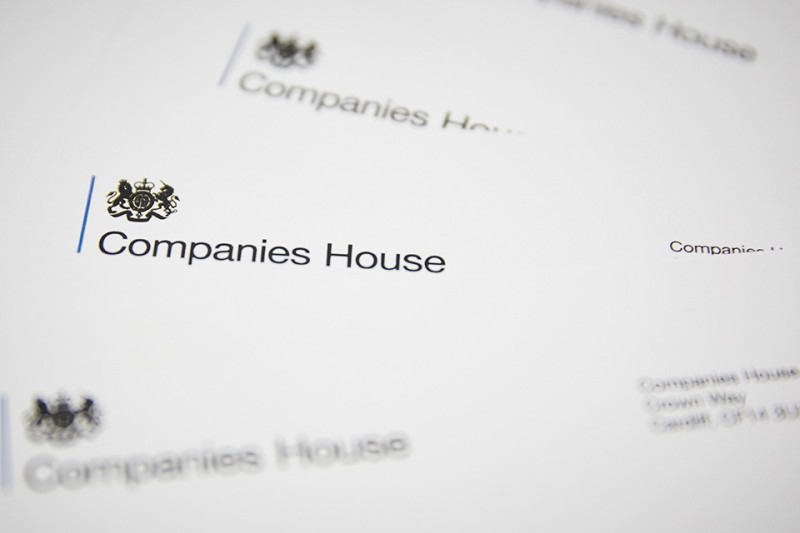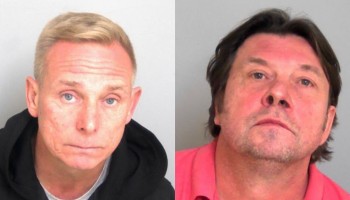Reported by
British authorities have struck off 11,500 firms from the Companies House register following a coordinated campaign to dismantle corporate entities used to enable fraud and money laundering in the U.K. and abroad.
The crackdown, led by the National Economic Crime Centre (NECC), is part of a broader government effort to prevent the abuse of U.K. corporate structures, which officials estimate are involved in laundering more than £100 billion ($134 billion) annually.
The removed companies failed to meet Registered Office requirements under the Companies Act 2006. Many were linked to high-risk incorporation addresses and corporate formation agents suspected of facilitating criminal activity.
The multi-agency operation involved the National Crime Agency (NCA), HM Revenue & Customs (HMRC), Companies House, the Financial Conduct Authority, the Insolvency Service, and U.K. police forces. As part of the effort, officers from the Metropolitan Police, City of London Police, and South Wales Police participated in a two-day blitz, visiting suspected company formation hubs.
Officers inspected eleven addresses where 30 trust and company service providers operated. They found no real business activity and widespread noncompliance with statutory obligations. One London address was used to register between 4,000 and 5,000 businesses—most of which operated elsewhere, or overseas.
“This operation shows what’s possible when law enforcement and regulators work together to confront the criminal exploitation of U.K. companies,” said Rachael Herbert, Director of the NECC. “By dismantling these shell structures, we’re cutting off a key enabler of serious and organized crime.”
Key outcomes of the operation include barring individuals from registering new companies, initiating criminal referrals to the Insolvency Service, and preparing to shut down three high-risk corporate service providers. Another 27 agents face pending enforcement actions. Authorities also identified significant criminal property now subject to civil recovery.
Dave Magrath of the Insolvency Service described the removals as “a significant step forward” in cleansing the register. “Our investigations into companies linked to fraud are ongoing, and we will pursue every legal avenue to ensure the UK remains a secure place to do business,” he said.
The campaign coincides with reforms under the Economic Crime and Corporate Transparency Act, which introduce ID verification for company directors and a new regime for Authorised Corporate Service Providers.
Companies House’s Martin Swain acknowledged the role of legitimate third-party agents but warned that some knowingly exploit the system. “We are now playing a much more active role in disrupting that abuse,” he said.
HMRC’s Louise MacDonald stressed that criminals will “prey on weaknesses,” underscoring the importance of strict supervision.
The City of London Police, which leads the national fight against fraud, praised the joint operation. Deputy Commissioner Nik Adams said the effort demonstrates that “criminals who use UK-registered companies to launder illicit funds are not beyond reach.”
The government is expected to unveil an expanded Fraud Strategy later this year, building on the momentum of this operation.






